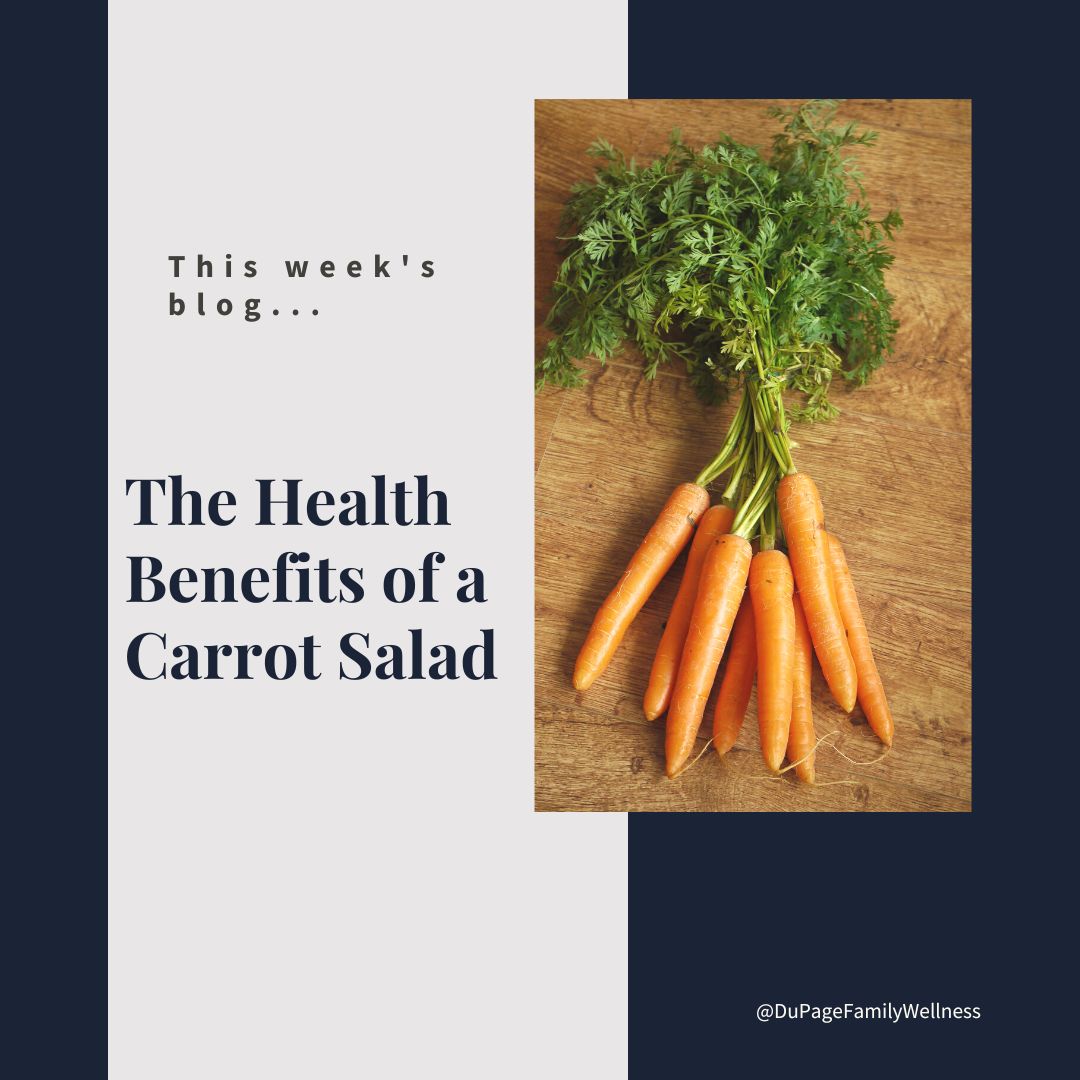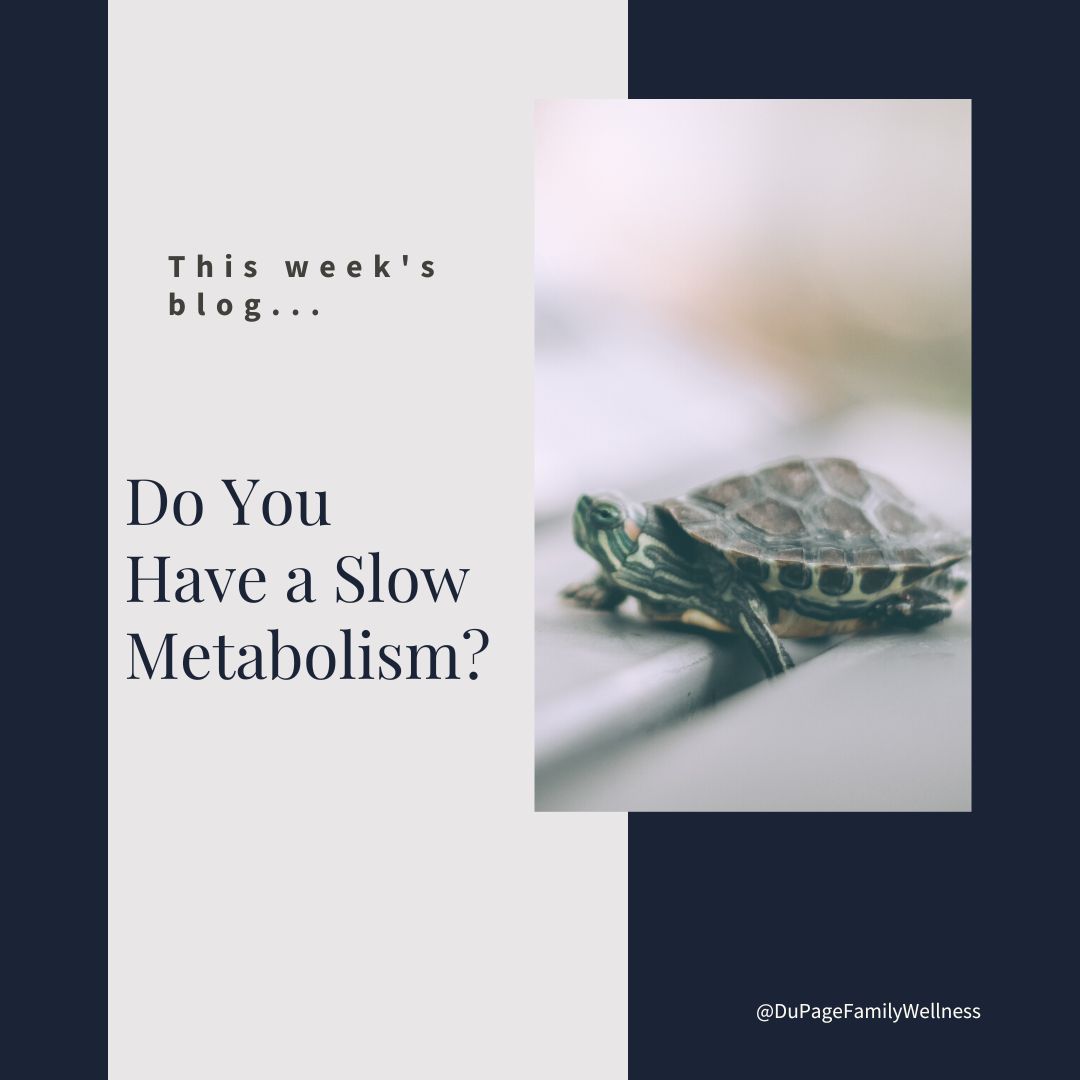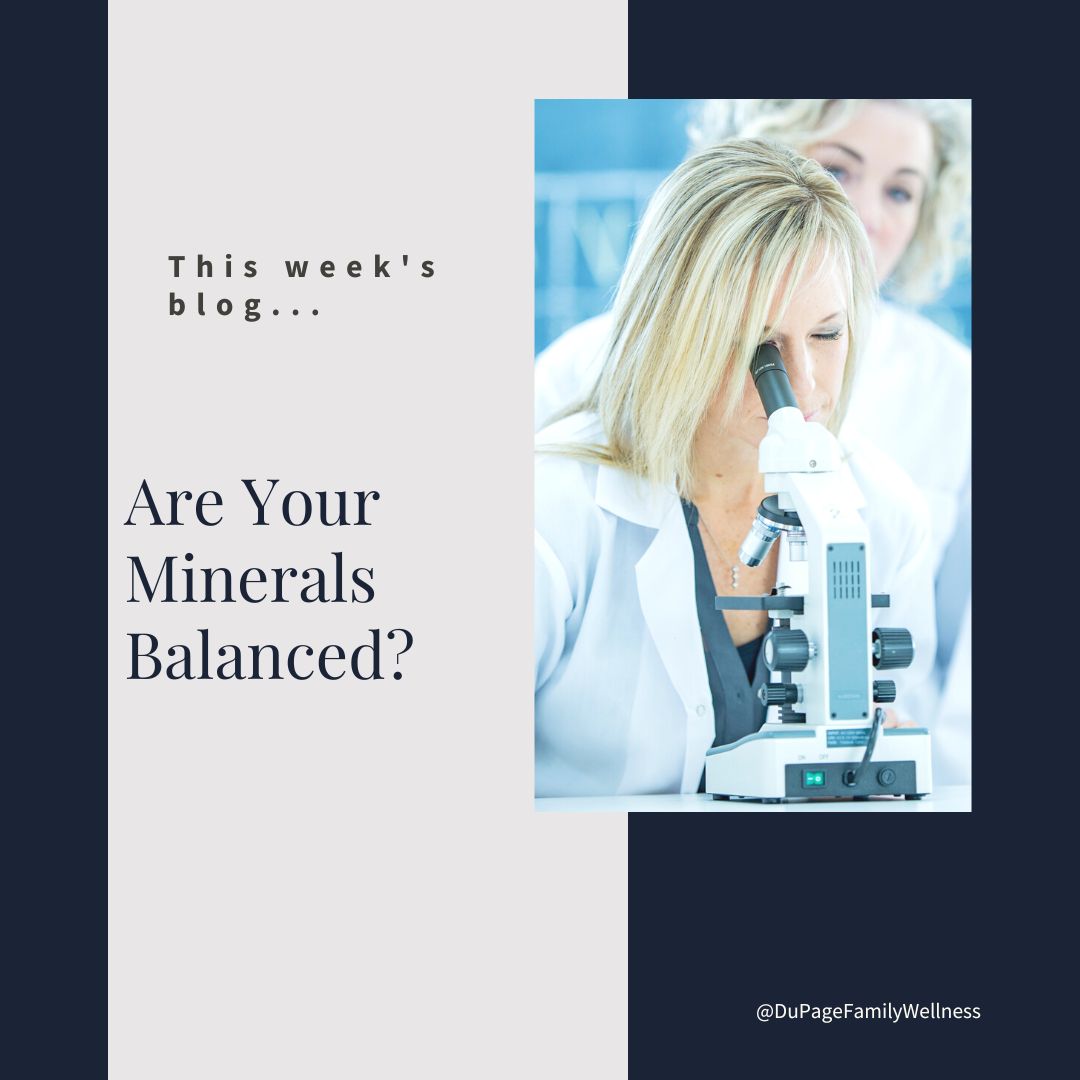 It's time to dress up and enjoy a spooky evening! While we want to enjoy the holiday, we don’t want to regret our choices afterward.
It's time to dress up and enjoy a spooky evening! While we want to enjoy the holiday, we don’t want to regret our choices afterward.
Halloween is the day of the year most known for excessive candy intake. In fact, 35 million pounds of candy are consumed on Halloween. Children on average consume a whopping 3.4 lbs. of candy in that one day.
With candy everywhere, what are we to do? With a few tricks, you can enjoy some treats without falling prey to too much sugar. You might not be able to follow all of these tips, but implementing a few of them might keep you from going candy crazy!
Lunch, & Dinner
Make sure to eat a good healthy lunch and dinner so you are full and satisfied! There’s a common practice among people who want to indulge on a special occasion. It involves eating less throughout the day, so you save your calories for the event. This is the worst thing you can do on Halloween!
If you are passing out candy or trick-or-treating on an empty stomach you will likely end up eating way more candy than you would if you nourish your body all day. It is also important to eat healthy meals because you need protein to balance out the candy and help regulate your blood sugar.
Read the Ingredients
When choosing a sweet treat, look at the ingredient list. If the list is long or if it contains a lot of words you don’t understand, you may want to think twice. Reading ingredients such as high fructose corn syrup, food coloring, and hydrogenated oils reminds me that it is NOT REAL FOOD after all.
A colleague told me that when they see poor ingredients in processed food (i.e. a Snickers Bar), they view it more like an object (i.e. their spiral notebook) rather than food. I don't know if I am quite there yet, but I'm working on it.
Rethink Handing out Candy
Now, I don’t want you to be known as the grinch house that passes out toothbrushes, but consider passing out something besides candy at your house. Get creative and you could even become one of the coolest houses on the block.
I remember one of my favorite houses to trick or treat at growing up had a jar of foreign coins. The top of the jar was small, but you were allowed to take anything you could grab between your fingers. Small hands could grab more than big hands. It was fun to see the foreign currency and figure out what country it was from.
Read more ...
 I am not one to promote quick fixes or miracle cures. If you know me at all, you know that I am all about helping people to eat more real and nutrient-dense foods.... however, there have been 2 things that I have implemented this year that I feel have made a huge impact on my health. One of these is the Carrot Salad.
I am not one to promote quick fixes or miracle cures. If you know me at all, you know that I am all about helping people to eat more real and nutrient-dense foods.... however, there have been 2 things that I have implemented this year that I feel have made a huge impact on my health. One of these is the Carrot Salad.
I am going to tell you something that is probably way too much information for some of you, but for me, the combination of the adrenal cocktail plus the carrot salad is the one thing that helped me move from more constipation to much better BMs.
Did you know that carrots can have a huge impact on your health? It’s true! In fact, many people eat a carrot salad every day for the health benefits.
According to Dr. Ray Peat, who has a Ph.D. in Biology from the University of Oregon, the fibers in raw carrots clean the intestine and improve your gut health. You may think this to mean carrots are like any other fiber that is good for your digestion, but it’s so much more complex.
Let’s take a look at the full impact a daily intake of carrots can make on your health and find out some delicious ways to incorporate them into your diet.
What Does it Help?
The three main things that Peat recommends eating raw carrots daily for are digestive health, thyroid function, and hormonal balance. While these conditions may seem pretty isolated and specific, difficulty in any of them can lead to all kinds of serious health problems.
He admits that “it might sound stupid to recommend raw carrots for severe health problems, such as chronic inflammation, liver problems, and hormonal imbalances.” However, when you understand the connection between the gut and the overall health of the body, it begins to make sense.
Let’s look at the Gut
Gut health affects more than just the digestive system in your body. The immune, neurological, and cardiovascular systems are all impacted by your gut.
- Immune system - Many people believe that 70% of your immune system lives in your gut and that having an appropriate balance of bacteria is crucial for your immune system to function properly. An overgrowth of bacteria or fungus can disrupt the balance in the gut leading to a depressed immune response.
- Brain - Your gut also impacts your brain in a direct way. Imbalances in the gut can lead to anxiety and depression. In the same way, stress can lead to gut troubles. If you question the connection, just think about the butterflies people get when they are excited or nervous. The brain and gut work together and impact each other in many ways.
- Heart - Gut health even affects your heart. According to Women’s Health Arizona, “certain types of gut bacteria convert the nutrient, choline, into a problematic substance called trimethylamine N-oxide (TMAO, for short). Unfortunately, elevated levels of TMAO can contribute to a higher risk of stroke, blood clots, and other conditions.”
Read more ...
 Your body may need quite a bit more protein than you are giving it. I’m not talking about adopting a keto or carnivore diet, but you need protein along with complex carbohydrates and healthy fats to thrive.
Your body may need quite a bit more protein than you are giving it. I’m not talking about adopting a keto or carnivore diet, but you need protein along with complex carbohydrates and healthy fats to thrive.
Every cell in your body contains protein, and it fulfills many different roles in the body. Since the body does not store protein, it depends on your diet to provide adequate amounts. Many women I know are not getting nearly enough protein even if they think they are.
So, how much protein do you need? Well, it depends. Let’s look at what your body needs and explore the healthiest ways to get this protein.
Why is Protein Important
Protein contains amino acids that are used to repair all the tissues in your body. You may think about your muscles needing protein (which they do), but in reality all of your systems (digestive, respiratory, circulatory, endocrine, etc.) need protein.
In a very real way, protein is one of the building blocks to a healthy and strong body. According to livestrong.com, protein actually helps “build muscles, produce new cells, regulate hormones and enzymes, heal wounds, and promote immune function”.
It is considered the most important macronutrient in building muscle, which can elevate your metabolic rate. And since protein also helps you feel full longer, it is great for those wanting to lose weight.
How Much Protein I Need: The Simple Way
Your protein needs are individual; there is no one-size-fits all measurement. Typically, you need .8g-1g per lb. of body weight, but this will of course depend on your activity level and your body mass index (BMI).
Here is an example of using this method to figure out the protein needs of someone weighing 160lbs.
.8g x 160lbs. = 128g of protein to 1g x 160 lbs. = 160g of protein
So, an 160 lb. person would need approximately 128-160 grams. That is a lot of protein!
What does this mean in terms of food?
When most of us see 130g of protein, unless you have been tracking your food, that doesn't mean a whole lot to you. So how would you go about getting 130g of protein in a day?
One of my favorite strategies is to break it up into pieces. That way, 130 grams would be 3 meals with 30 grams each plus 2 snacks with 20grams each.
What do 30 grams of protein actually look like?
Read more ...
 Your metabolism is the process of your body converting what you eat and drink into energy. The energy produced is responsible for everything from your movement to the automatic functions of the body.
Your metabolism is the process of your body converting what you eat and drink into energy. The energy produced is responsible for everything from your movement to the automatic functions of the body.
The metabolism works around the clock continuing its job when you are sleeping. It is necessary that things such as your circulation, digestion, and breathing continue to work through the night. This all is dependent on your metabolism.
Have you ever wondered if your metabolism is low? If so, there are a couple of tests that you can do at home to get an objective perspective. The first involves some measures of your temperature. Another will involve your pulse.
Let’s look at these simple tests that may reveal some interesting information!
Cycles of Your Temperature
Typically, your temperature will be between 97.8 and 98.6 degrees. However, it ebbs and flows throughout your day.
- little lower in the morning
- peak mid-day
- decline again in the evening
If you are cycling, it will also vary based on the phase of the cycle you are in.
- from bleed to ovulation (follicular phase) it will be a little lower (maybe high 97s).
- during your luteal phase, it will be higher (98s).
How to Measure Your Temperature
To measure your basal body temperature, keep a thermometer by your bedside. Since your temperature fluctuates throughout the day, be sure to measure it when you first wake up in the morning.
When measuring your temperature be sure to take it under the tongue. Hold the thermometer in your mouth for 2-3 minutes to warm it up before pressing the button. These steps will help you get the most accurate reading and make sure you don't get artificially low temps.
Once you have done this for three days, take the average of your temperatures. An average below 97.8 can be a sign that your body has slowed your metabolism.
Measuring Your Temperature After Meals
Another clue in checking to see if your metabolism has slowed is taking your temperatures after you eat. Your temperature should go up slightly after meals because you are metabolizing that food. If it goes down after you eat it means your food increased your stress and your metabolism isn’t working well.
Again, it is important to take your temperature under your tongue. For the most accurate read, be sure to leave the thermometer in your mouth for a few minutes before turning it on.
Read more ...
 Over the last few months, I have been doing a deep dive into all things minerals. It is fascinating when you understand what minerals do in the body. It is even more interesting to see how minerals work together in a unique way.
Over the last few months, I have been doing a deep dive into all things minerals. It is fascinating when you understand what minerals do in the body. It is even more interesting to see how minerals work together in a unique way.
For example, magnesium is a key component for hundreds if not thousands of reactions, while copper and oxygen are used to make ATP which is our main energy source.
All of the cells in your body require minerals to make energy and hormones, but most of us are low in some minerals. Getting the right balance of minerals can make a huge difference in how you feel.
Let's explore why we may be low in minerals and learn how to check to see what minerals you may need to replenish.
How Could I be Low in Minerals?
Several things are leading to the depletion of key minerals in our world.
- Our soil is more depleted than it used to be. This results in the plants and animals that we eat having fewer minerals.
- Pesticides used on crops commonly deplete minerals.
- Medications deplete minerals (blood pressure medicine, birth control, corticosteroids, PPIs, etc.). Check out this article for more details.
- Surprisingly supplements can deplete minerals. For example, too much vitamin D can actually deplete magnesium and sometimes copper.
- Water filters can remove minerals from water.
- Stress depletes minerals! When we are stress, we burn through our minerals at a much faster rate.
While you can learn about your mineral status from blood tests, they don't give you the full picture. Since our bodies are great at keeping homeostasis (balance) in the blood they will often steal minerals from other places in the body to bring about this balance. In addition, when there is an excess of minerals the body may store them in the tissue to keep the blood at the level it needs to be. For this reason, I have been intrigued by Hair Trace Mineral Analysis lately.
Hair Trace Mineral Analysis (HTMA)
Since hair is one of many places the body eliminates minerals and heavy metals, it gives us an accurate picture of the minerals that may be lacking in the body. It also shows you when heavy metals or minerals are at excessive levels.
Some of the minerals it tests for are calcium, magnesium, sodium, and potassium. These minerals are not produced in the body and must be gotten through your diet. It is important that these four minerals are balanced in your body; without them, you will not be able to feel your best.
Read more ...
 It's time to dress up and enjoy a spooky evening! While we want to enjoy the holiday, we don’t want to regret our choices afterward.
It's time to dress up and enjoy a spooky evening! While we want to enjoy the holiday, we don’t want to regret our choices afterward.

 I am not one to promote quick fixes or miracle cures. If you know me at all, you know that I am all about helping people to eat more real and nutrient-dense foods.... however, there have been 2 things that I have implemented this year that I feel have made a huge impact on my health. One of these is the Carrot Salad.
I am not one to promote quick fixes or miracle cures. If you know me at all, you know that I am all about helping people to eat more real and nutrient-dense foods.... however, there have been 2 things that I have implemented this year that I feel have made a huge impact on my health. One of these is the Carrot Salad. Your body may need quite a bit more protein than you are giving it. I’m not talking about adopting a keto or carnivore diet, but you need protein along with complex carbohydrates and healthy fats to thrive.
Your body may need quite a bit more protein than you are giving it. I’m not talking about adopting a keto or carnivore diet, but you need protein along with complex carbohydrates and healthy fats to thrive. Your metabolism is the process of your body converting what you eat and drink into energy. The energy produced is responsible for everything from your movement to the automatic functions of the body.
Your metabolism is the process of your body converting what you eat and drink into energy. The energy produced is responsible for everything from your movement to the automatic functions of the body. Over the last few months, I have been doing a deep dive into all things minerals. It is fascinating when you understand what minerals do in the body. It is even more interesting to see how minerals work together in a unique way.
Over the last few months, I have been doing a deep dive into all things minerals. It is fascinating when you understand what minerals do in the body. It is even more interesting to see how minerals work together in a unique way.